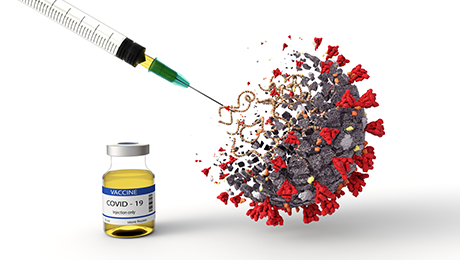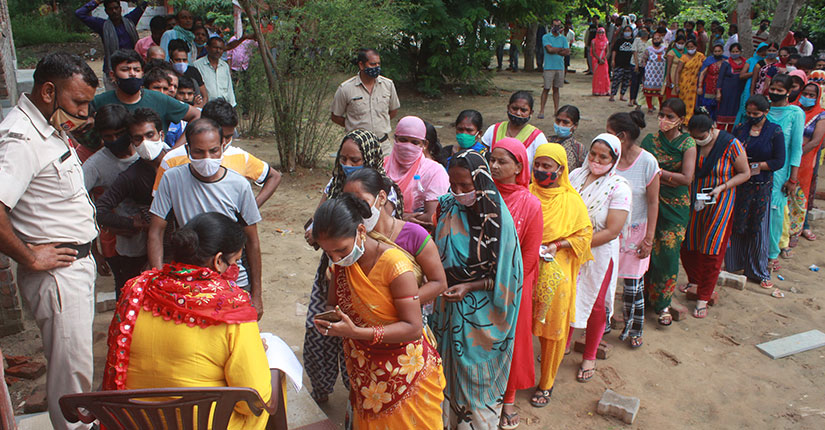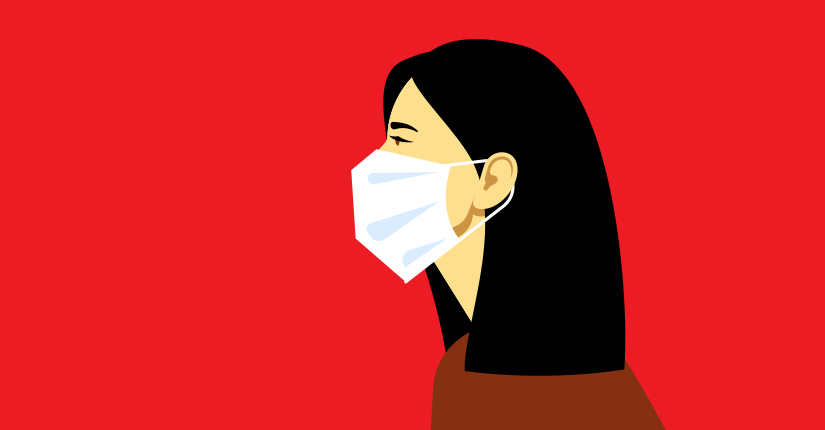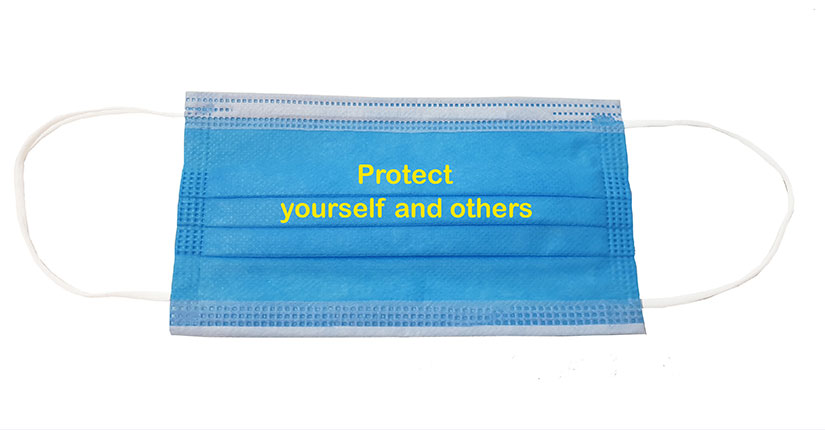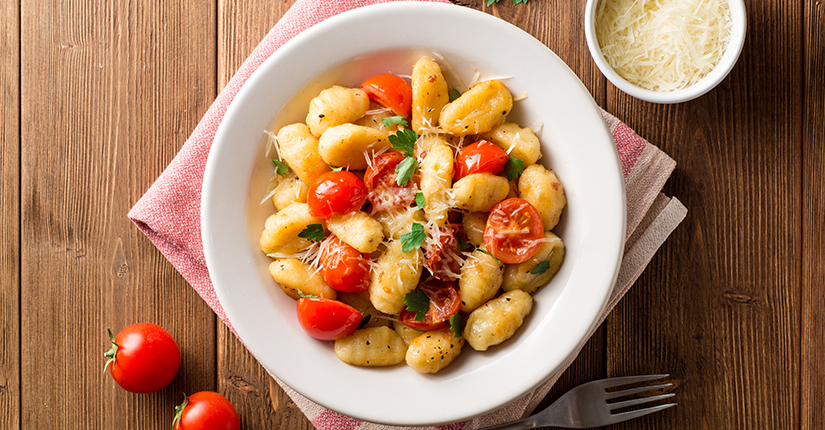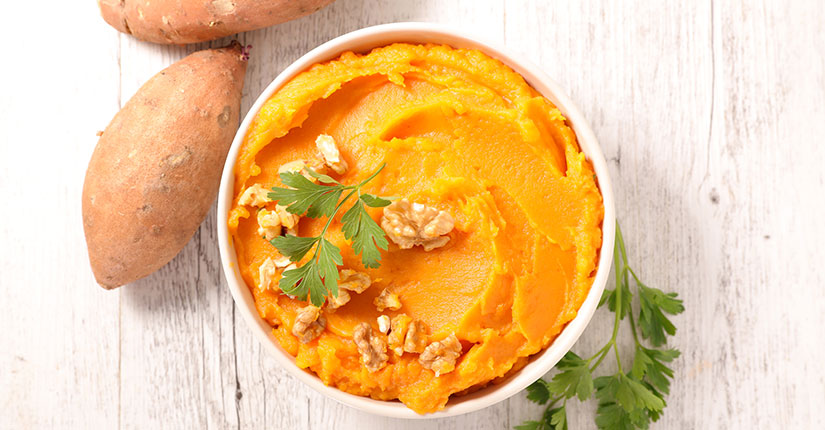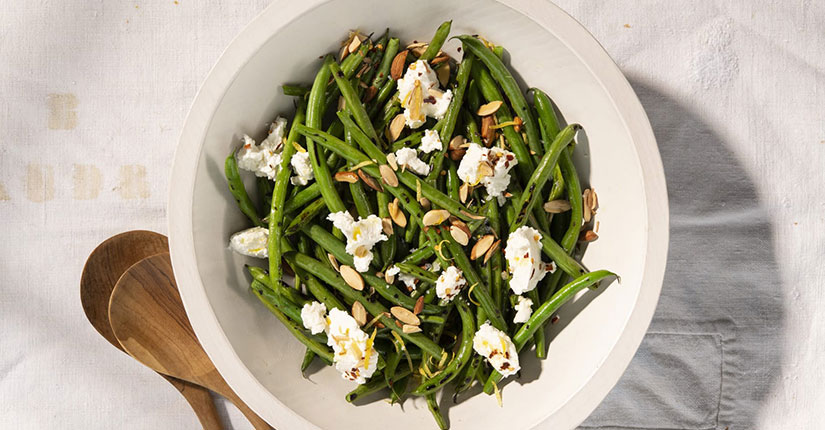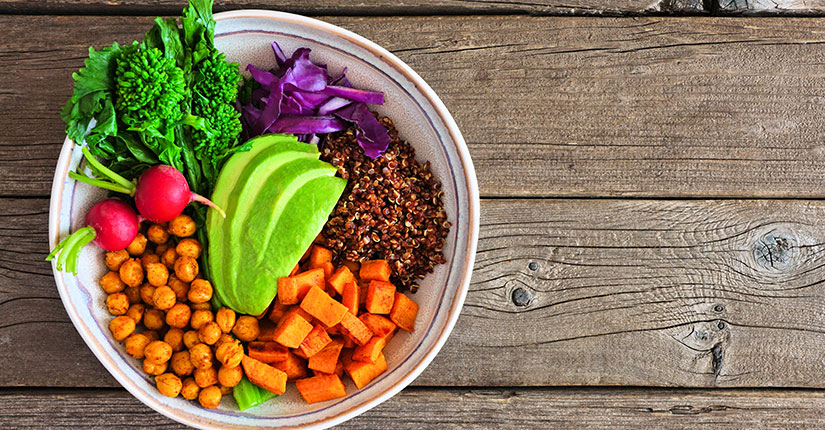The Six Tastes According to Ayurveda- Know about Pungent taste
By Nmami Life Editorial 22-Aug 2021 Reading Time: 7 Mins
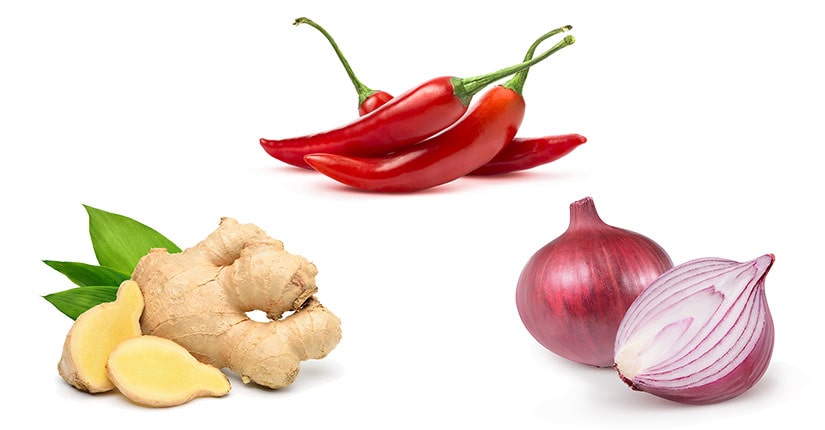
The hottest of all the six Ayurveda tastes is Pungent taste. It is associated with dry heat and can be found in spicy foods including many herbs and spices. It is usually created by the presence of aromatic volatile oils, resins, and mustard glycosides that stimulate the tissues and nerve endings of the mouth accompanied by a sensation of heat.
About the third rasa– Pungent
Pungent flavour is a combination of elements like fire and air, with hot, dry and light qualities. The heat of hot foods and spices spread throughout the whole body. Too much heat, weather, climatic conditions or dietary habits, is known to cause ‘hot’ emotions ranging from passion and excitement to anger and irritation.
Chillies, garlic, onions and spices (black pepper, ginger, cayenne, cardamom) are all good examples here. Herbs and spices have a Pungent taste and are great for drying excess moisture and mucus, and stimulating metabolism. For example, the essential oils of ginger and black pepper are used for clearing mucus congestion or for relief from a heavy cold and sore throat.
Location on the Tongue: Centre of the tongue
Affinity for Organs: Heart, Stomach
Associated positive emotions: Excitement, curiosity, clarity, vitality, vigor, concentration, and expansiveness, enthusiasm
The Role of the Pungent Taste
Pungent taste derives from the elements of Fire and Air and is hot, dry, and light. It is found in certain vegetables (such as chili peppers, garlic, and onions), and in spices (like black pepper, ginger, and cayenne). If consumed in small amounts, Pungent taste stimulates digestion, clears the sinuses, promotes sweating and detoxification, dispels gas, aids circulation, improves metabolism, and relieves muscle pain.
Pungent increases Vata and Pitta and decreases Kapha. The most heat producing of all the rasas (tastes), Pungent improves appetite, and stimulates blood circulation. It is best to balance wet, heavy kapha, but it can be too hot and dry for vata, especially when taken in excess or paired with too many other drying foods. Vata is managed better when the Pungent taste is combined with sour, sweet, or salty foods. Too much Pungency can quickly aggravate pitta (and vata) in the form of excessive dryness and inflammation.
Foods that illustrate Pungent taste
Pungent spices like chili peppers and wasabi develop the taste buds while heating up the body — and the mind. The Pungent taste is found in the following:
Vegetables like peppers (green and red, habaneros, jalapenos), Chillies, leeks, onions, kohlrabi, mustard greens, paprika, turnips, horseradish, mustard seeds, ginger, raw spinach are pungent in nature. Others include wasabi, Herbs and spices that also contain a pungent taste (tumeric, black pepper, cardamom, cayenne, sage, thyme, black pepper, cloves, hing cumin, cinnamon, peppercorn).
Grains like buckwheat, nuts & seeds, mustard seeds are some of the foods.
Word of caution: An excessive consumption of food with Pungent taste can worsen the situation as it can cause excess heat, excess acidity, or a deficiency in the reproductive system.
Benefits of Pungent rasa
The Pungent taste having certain surprising benefits may sound unusual. The Pungent taste is stimulating, and has beneficial penetrating properties, and it effectively clears moisture, stagnation, and congestion.
- It increases circulation and encourages sweating,
- It eliminates itching and clears toxins
- It cleanses the blood and the muscles and reduces cholesterol,
- It opens the internal channels, and clears blockages.
- It kindles the digestive fire, and improves digestion, absorption, and elimination
- It warms the body and cleanses the mouth, clarifies the sense organs, enhances other flavours.
The Pungent taste is vital to balance excess kapha because it is able to heat, dry and eliminate kapha from the body, eliminating ama (toxins) and mucus, breaking up clots, and supporting the elimination of unnecessary fat.
If consumed in excess
While the warming nature of the Pungent taste is initially good for vata, it’s long term effects on excessive consumption are extremely drying and therefore generally aggravating to vata and can lead to dizziness, sleeplessness, and muscle pain. It can also cause bleeding, inflammation, a sensation of nausea, heartburn and choking, feeling of dizziness, fainting, hiccups, skin conditions, excess thirst, fatigue , peptic ulcers, diarrhea, constipation, and colitis. High amounts of the Pungent taste can also be carcinogenic and can cause mental confusion, malaise, and depression.
Footnote
Naturally pungent in nature, ginger and cooked garlic do not aggravate vata; instead they support vata because they improve digestion and help to eliminate intestinal gas. Similarly, cloves, coriander, cumin, and fennel—though Pungent tasting herbs—do not tend to aggravate pitta if used in the right amount.




